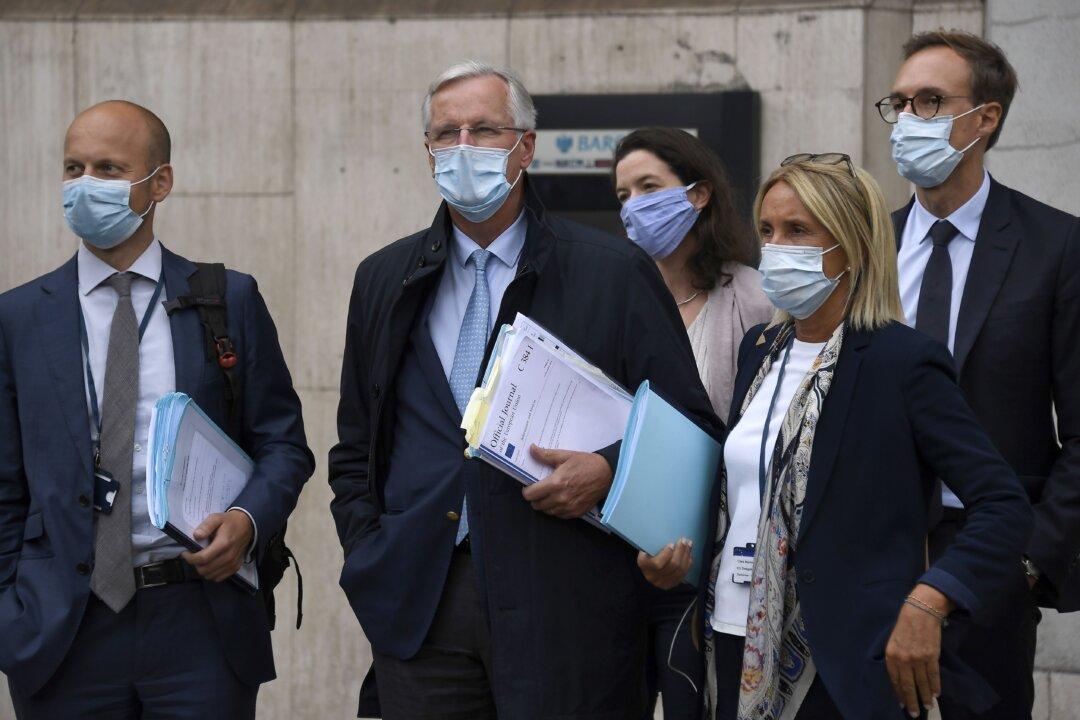BRUSSELS—British intelligence services breached people’s basic right to privacy with a mass surveillance operation that was brought to light by the whistleblower Edward Snowden in 2013, the European Court of Human Rights ruled on Sept. 13.
Judges sitting in Strasbourg, France, said GCHQ’s bulk interception of online communications was untargeted and criticized spy bosses for failing to provide sufficient safeguards when handling people’s personal data.




